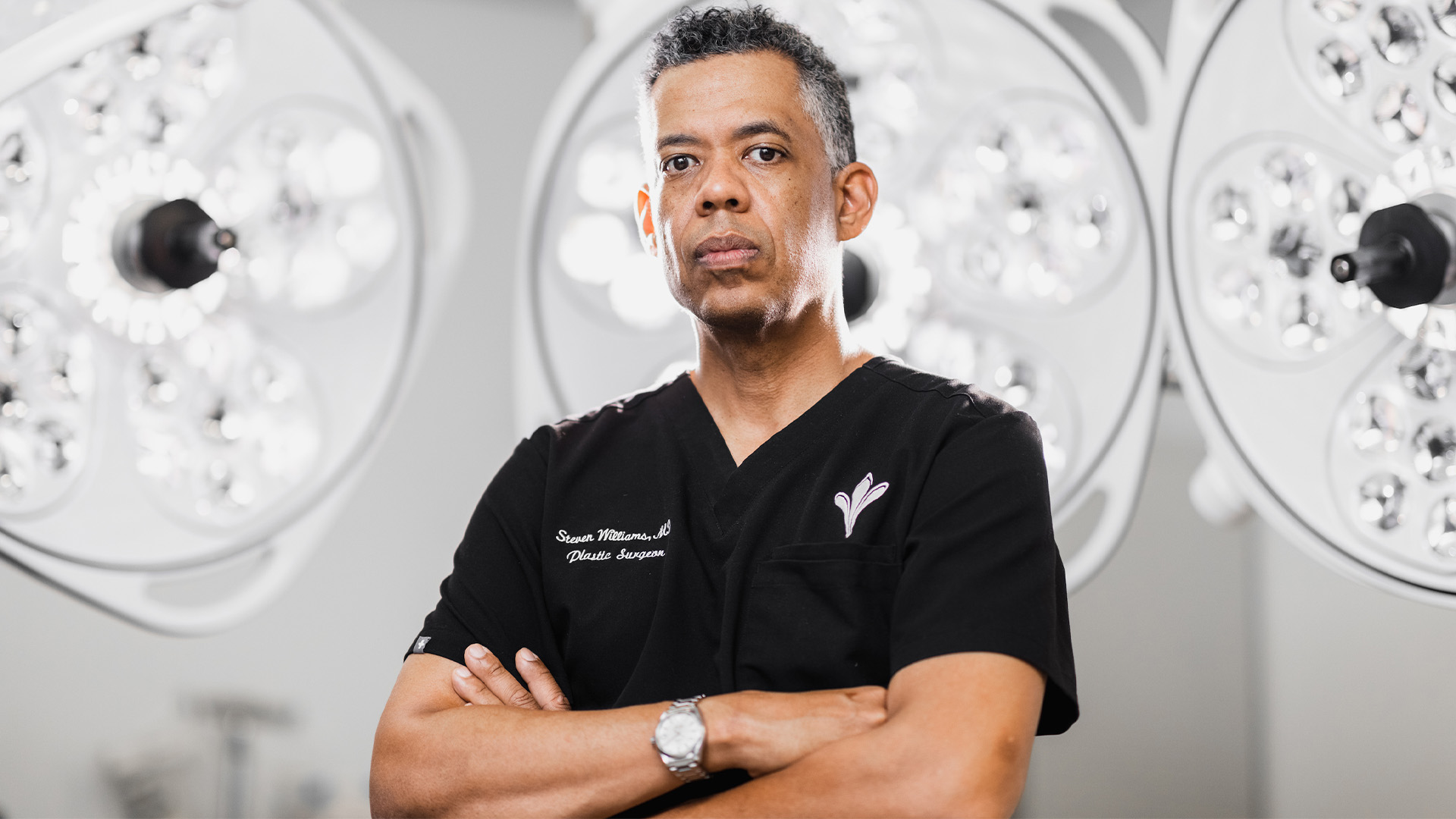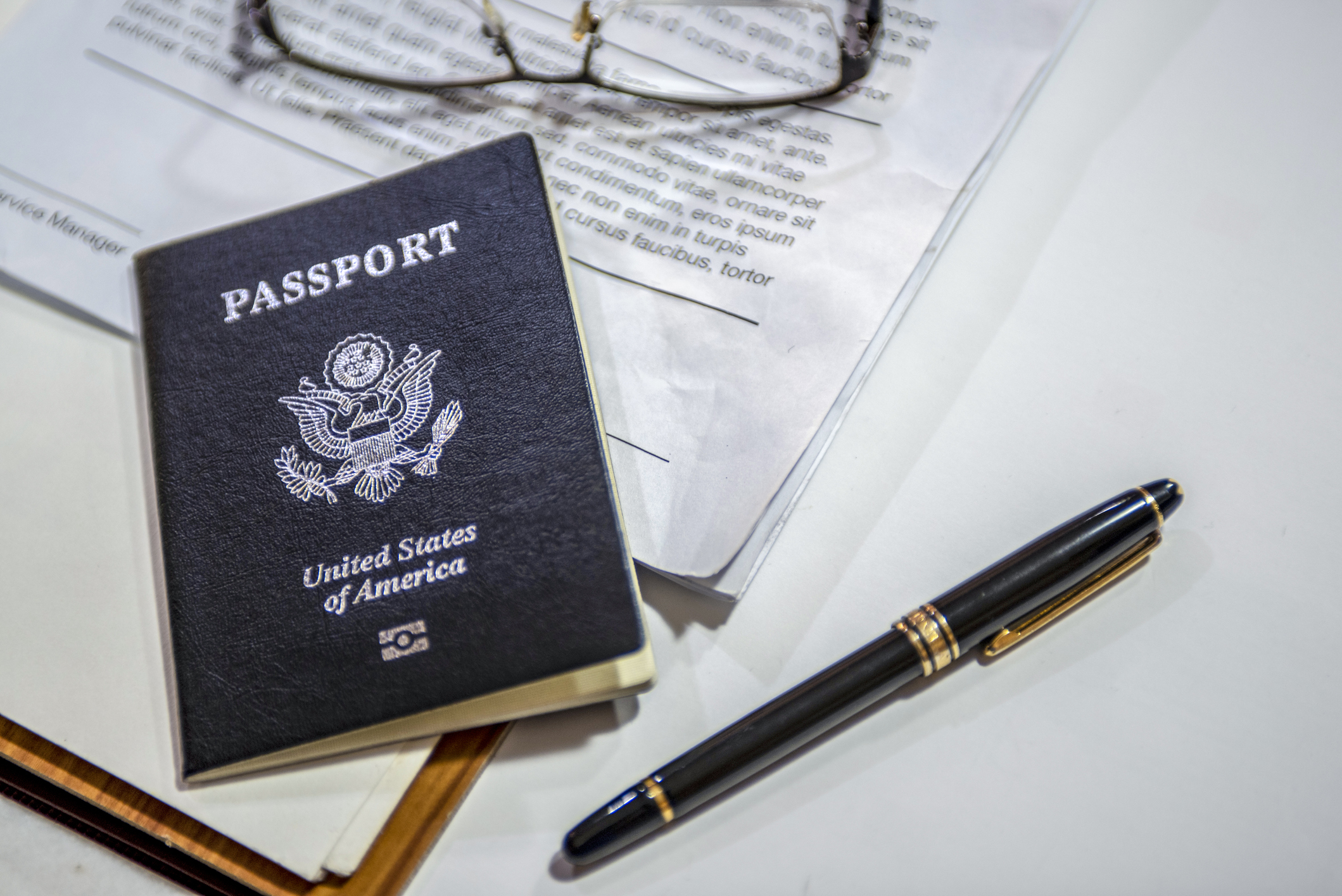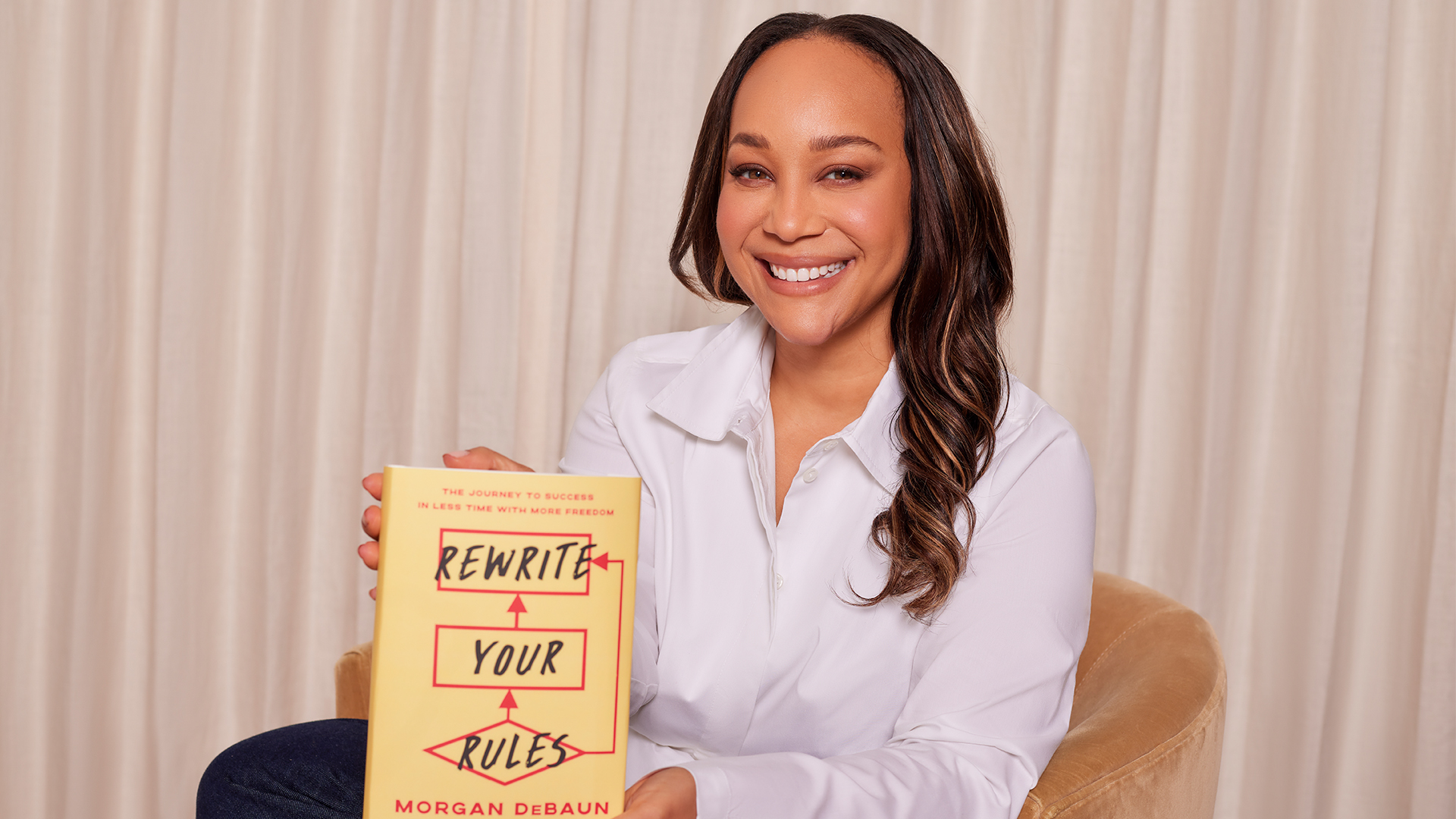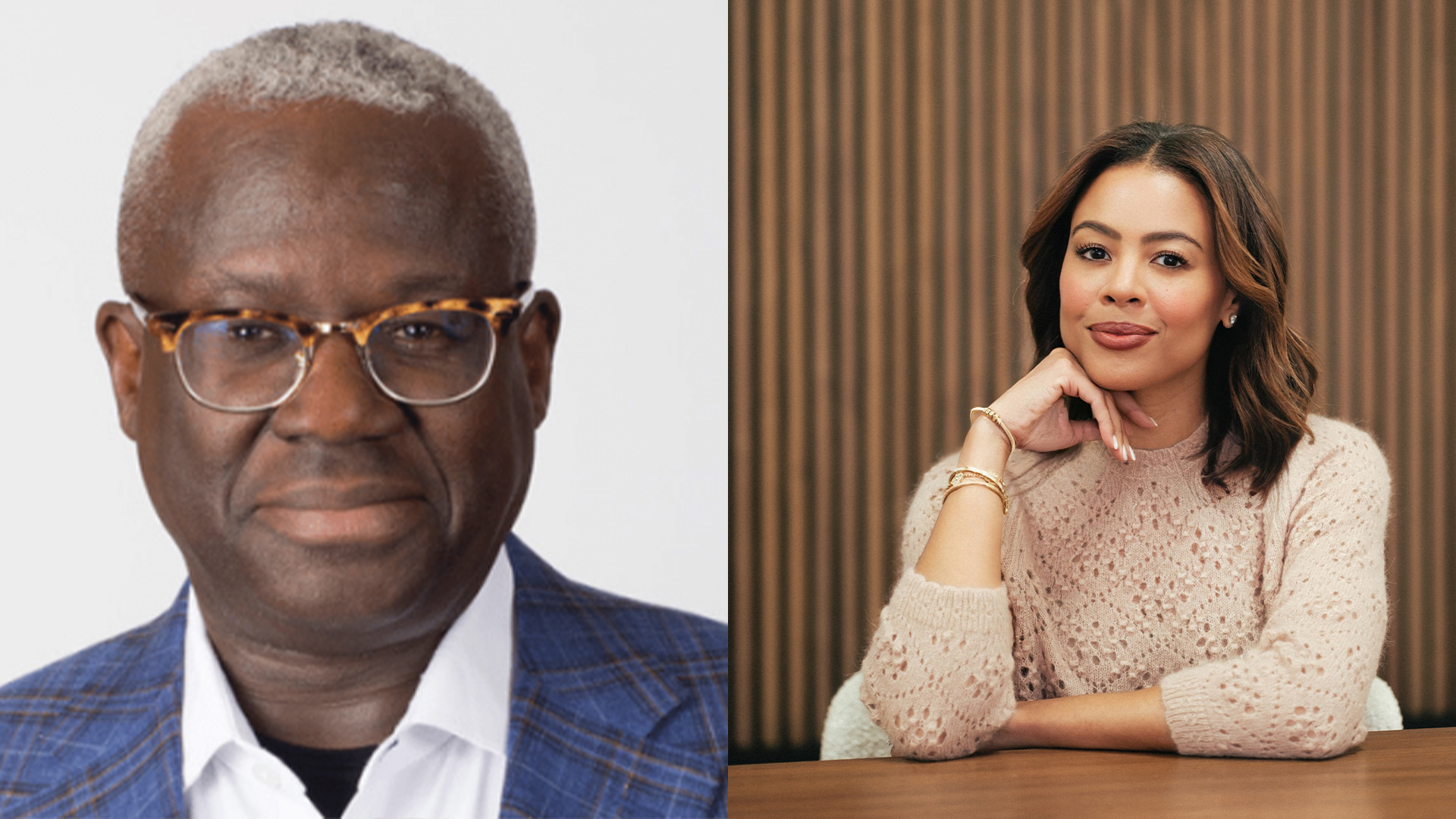Dr. Steven Williams has been appointed president of the American Society of Plastic Surgeons. He will become the first Black president to lead the largest plastic surgery specialty organization in the world in its 92-year history.
View this post on Instagram
“I think we are able to achieve great accomplishments by standing on the shoulders of those that came before us,” Dr. Williams told AfroTech in an email interview. “I have my parents and plastic surgery professors to thank… they inspired an unrelenting drive for self betterment that serves me well today.”
For a Black professional, being stamped with the title of “the first” brings the thought that there is still a great deal to be done in terms of diversity.
“Any time there is a first moment in history, it is an important time and sets a new milestone. It also sets a new goal for others to overcome,” Williams expressed. “The ASPS has been around for almost 100 years. It is only recently that we have seen an increase in diversity that reflects that diverse populations make up our specialty and that of our patients. It is a small step, but it promotes a productive conversation, and I hope it inspires others to take leadership roles.”
For the past 15 years, Williams served on the ASPS’ board and as vice president of membership, overseeing the plastic surgery community, growing patient safety initiatives, and heading the diversity and inclusion committee, according to a press release. In his post, he will further the organization’s efforts by working to increase diversity and include perspectives of all populations. He also plans to implement technology initiatives to provide more resources to members, which he has applied at his own practice, Tri Valley Plastic Surgery.
“Our practice stays abreast of the latest technologies in terms of treatments, devices and techniques to serve our patients,” Williams detailed. “Additionally, because of my technology background, we are active in designing a software platform that increases our ability to work with patients and provide timely answers. The American Society of Plastic Surgeons is also very active in this field, and I look forward to continuing to use my experience to further their initiatives of patient safety, patient education and improving the quality of care.”
Williams takes much pride in his efforts at his Dublin, CA, practice. There, patients come for cosmetic and reconstructive surgical procedures and are met with skilled “surgeons and medical professionals and expert injector Tarika Krishnamurthy PA-C,” according to the company’s website. The practice states that it is an innovator in fat transfer and body and breast sculpting.
“I found plastic surgery to be the most challenging of all medical professions. It encompasses creativity, technical excellence, the spirit of innovation, and the ability to serve patients of all ages and medical concerns,” Williams expressed.
Over the years, Tri Valley Plastic Surgery has scaled thanks to a reliable staff as well as the power of social media, Williams says. Despite the growing interest in plastic surgery over the years, it is his goal to ensure his patients make well-informed decisions free from outside influences.
“Social media has accelerated the acceptance of plastic surgery,” he explained. “Generally, greater connections between people is a positive thing. However, it’s important to recognize that social media also has a corrosive effect when it comes to self-worth, especially among young teenage girls. While the benefits of connecting and being able to find information about plastic surgery is incredibly powerful, it must be balanced with the understanding that social media often presents an unrealistic picture about what life is and what we all are individually.”
View this post on Instagram
In addition to being mindful of the intent of a patient seeking consultations or procedures, Williams says it is as valuable for surgeons to be mindful of cultural nuances and disadvantages in healthcare that are especially prevalent among minority communities.
“It is important to have a comprehensive understanding of different aesthetic preferences, as beauty standards can vary across cultures,” he told AfroTech. “Surgeons should strive to provide personalized care that respects and honors the individual’s cultural identity. Moreover, there is a need to address any potential disparities in access to plastic surgery services, ensuring equal opportunities and affordability for individuals of all socioeconomic backgrounds.”
He continued, “It is also important to understand historic barriers to trust, communication and access to health care. Open and honest communication, cultural sensitivity, and equitable access are crucial ethical considerations when providing plastic surgery services to every patient. While progress has been made, it is notable that women and underserved minorities continue to have poor access to healthcare and outcomes.”
Thanks to technology, there has been steady progress in increasing accessibility for minority communities, Williams explained. A number of advancements have been made over the years, including 3D scanning, virtual simulations, and robotic-assisted surgery. Surgical techniques can also be better performed with high-definition cameras and monitors because surgeons can see better, resulting in better precision.
“These technological advancements have not only optimized the results of plastic surgery, but have also contributed to reduced recovery times and improved patient satisfaction,” he said. “Today technology is serving as a tool to increase access and expand affordability of treatments. This includes the realm of plastic surgery. It also has democratized plastic surgery in many respects, exposing the concept of self-worth and self empowerment. The use of social media and focusing on technologies that build interactions with medical professionals are exciting new frontiers.”

















